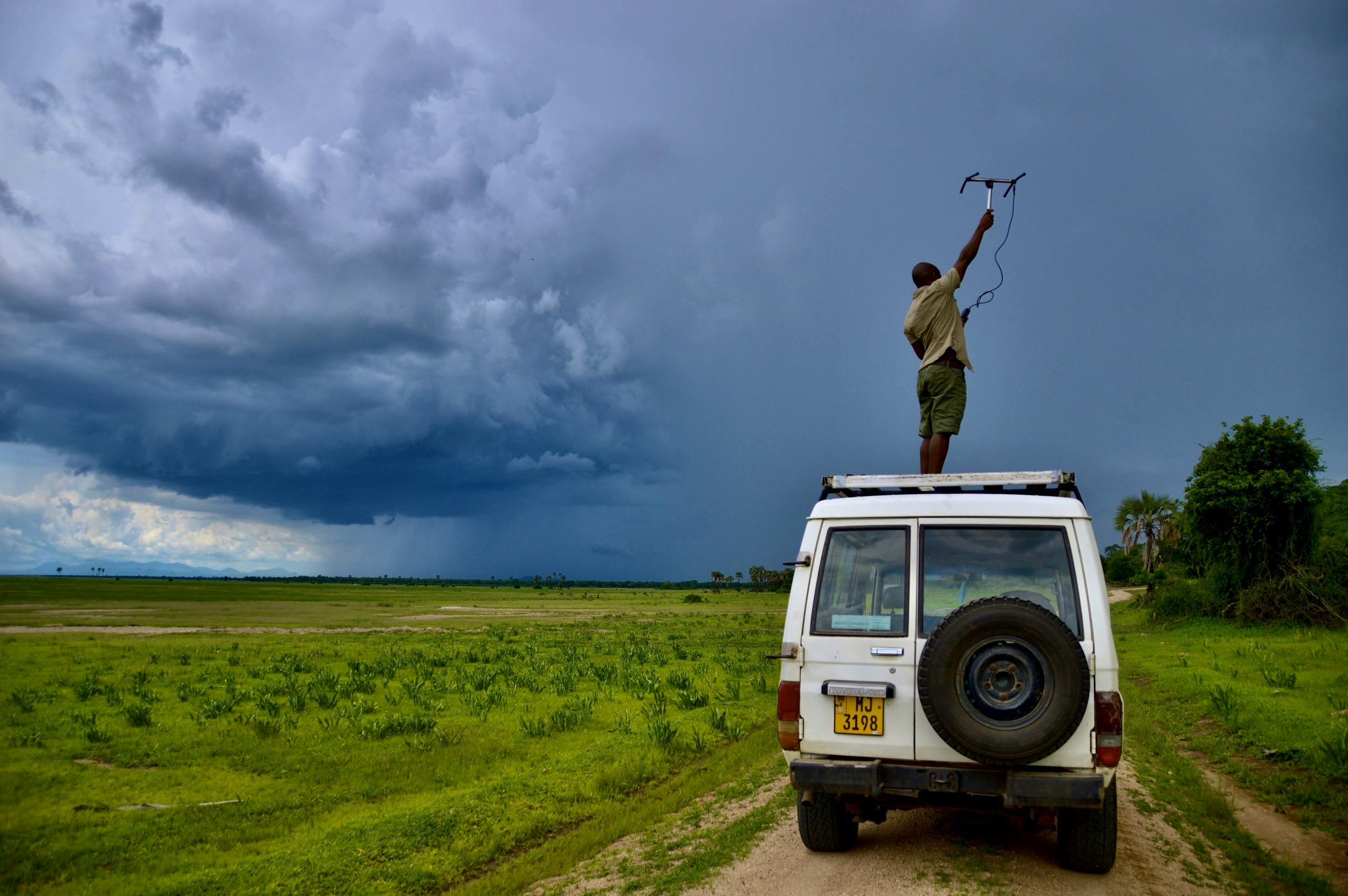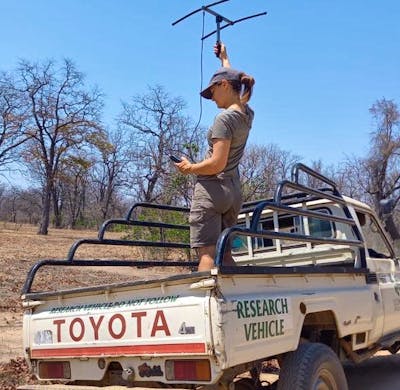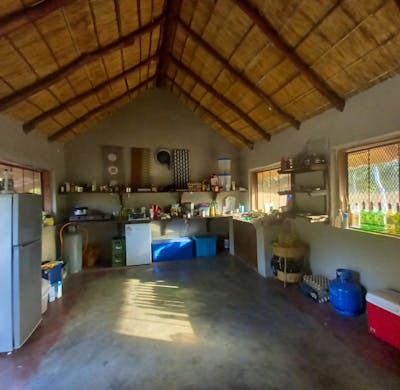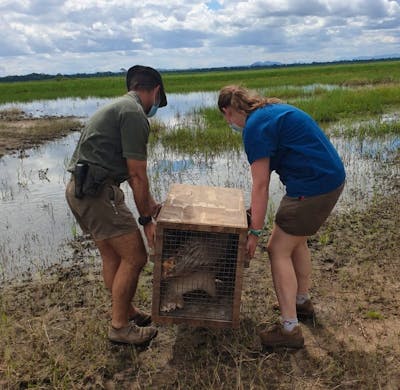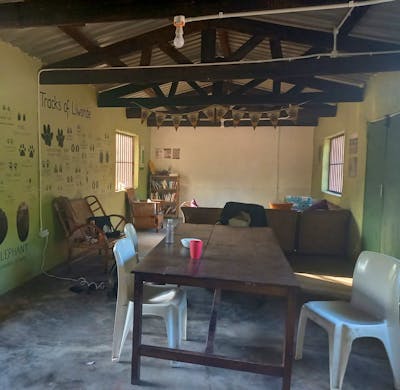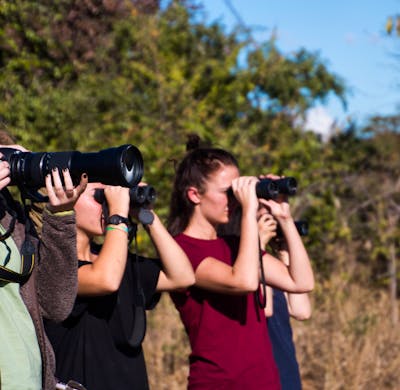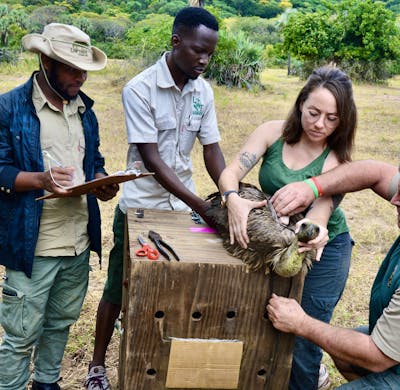from 1,671€
Wildlife Research Support
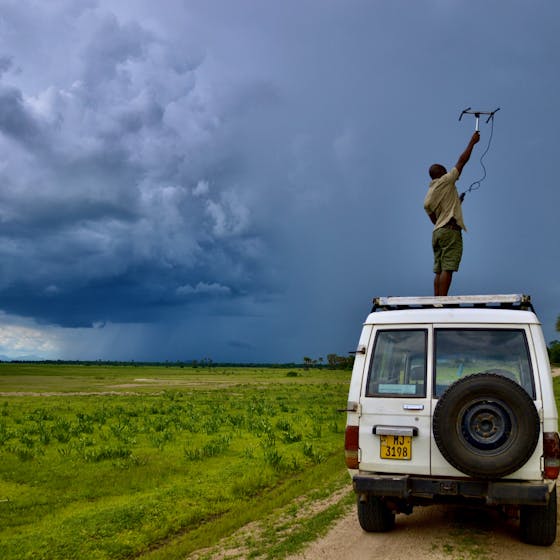
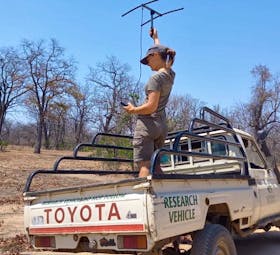
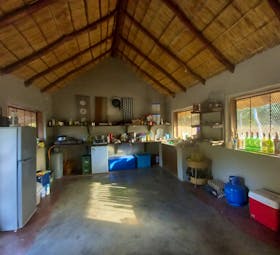
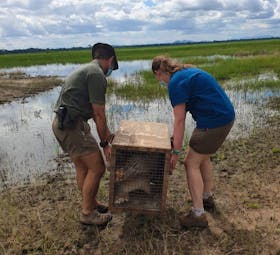
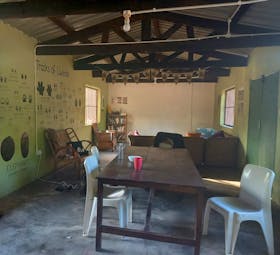
Highlights
- Be immersed in one of Malawi's top national parks and get up close with the Big 5
- Experience life in the African bush and live alongside Malawi's top rangers, vets and conservationists
- Contribute to wildlife research that makes a real difference to conservation in Malawi
- Support a high-impact and award-winning organisation leading on wildlife conservation in Malawi
- Explore the 'Warm Heart of Africa' with snorkelling or diving in Lake Malawi, horseback riding at Kande Beach, and cycling in Kuti Wildlife Reserve.
Especially suitable
About the program
Track and monitor wildlife in one of Malawi's top national parks and contribute to vital research that is supporting the country's conservation efforts.
Malawi’s incredible wildlife is facing a number of threats, from deforestation and biodiversity loss to human-wildlife conflict and the illegal trade in products such as ivory and bushmeat.
Typical day
When you're in the field, the days start early to avoid the midday heat. After breakfast at dawn, you'll head out into the bush in a safari vehicle to track wildlife and conduct surveys. There will be a break in the middle of the day when you'll return to the Research Station for lunch. You'll head ...
Free-time activities
- Senga Bay: Boat trip, snorkelling, ...
Requirements
What's Included
What's NOT included?
Details on arrival
Our projects start and finish on a Tuesday. It's best to fly into Lilongwe (Kamuzu International Airport) and we'll pick you up from there. You'll have one night at our sanctuary in Lilongwe to rest and get supplies, then head down to Liwonde National Park the following morning.
Program fees
Meet your organization

Lilongwe Wildlife Trust
Non-profit - founded in 2007
Verified by Volunteer World
Coordinated by
Mercy
About the project
40 reviews ·  4.7
4.7
Location

You might also be interested in
-
African Elephant
Elephant Conservation
50 Plus Volunteering
Elephant Wildlife Sanctuary
Voluntouring
Global Volunteer Opportunities
Mission Trips to Africa
African Wildlife
Animals in Africa
Volunteer Trips for College Students
Best Volunteer Programs
Mission Trips
Couples
Big 5
Adults
Projects Abroad
